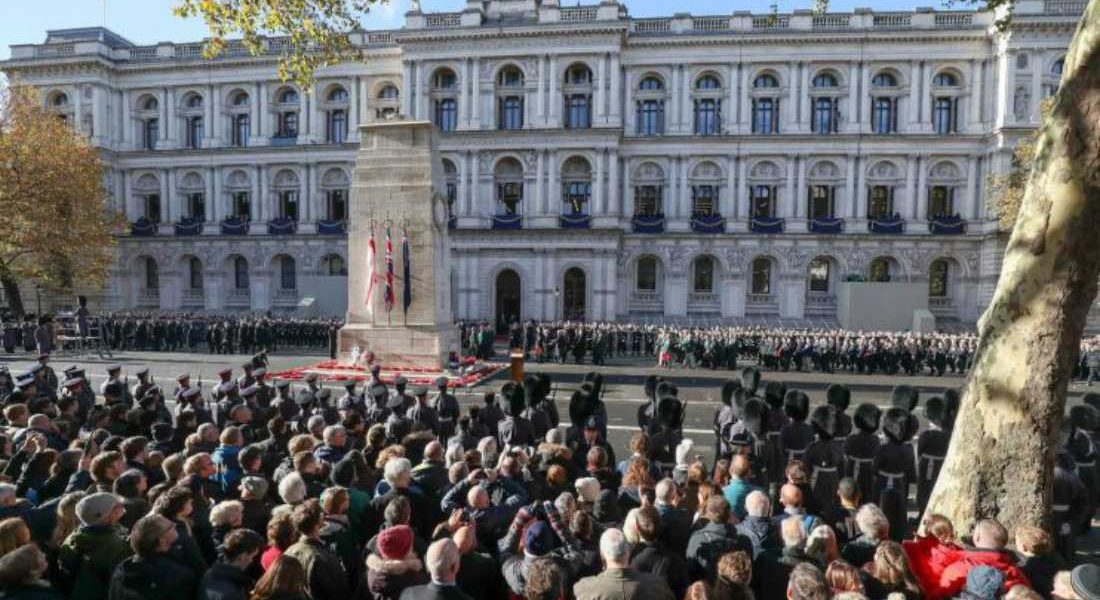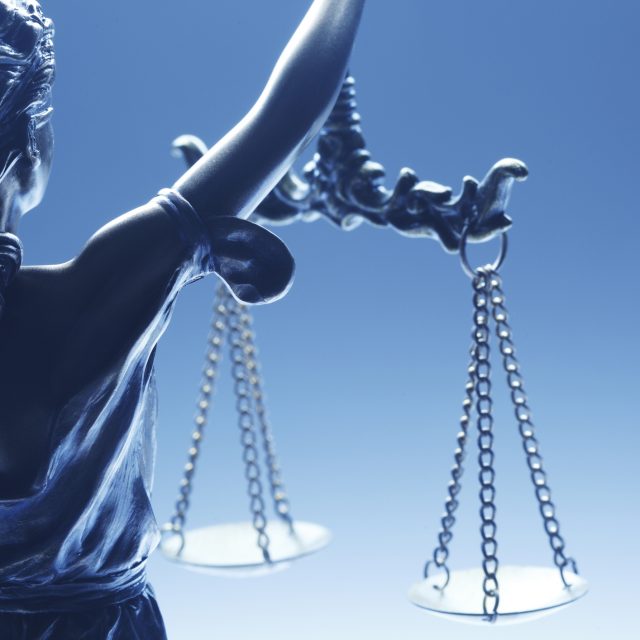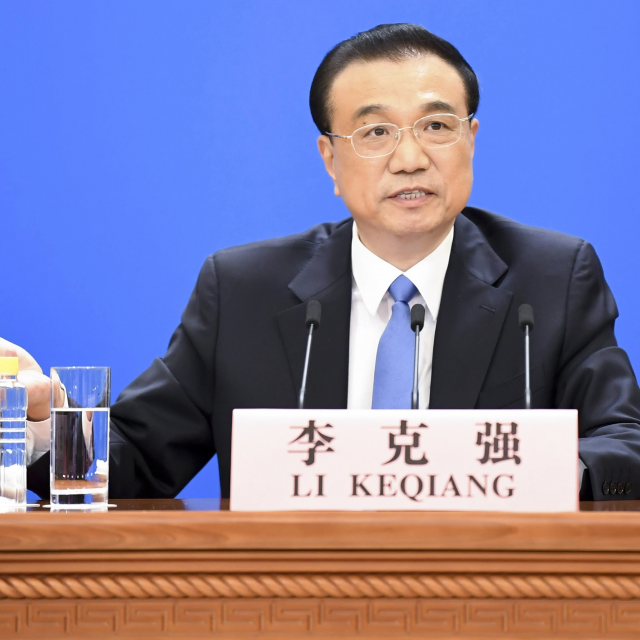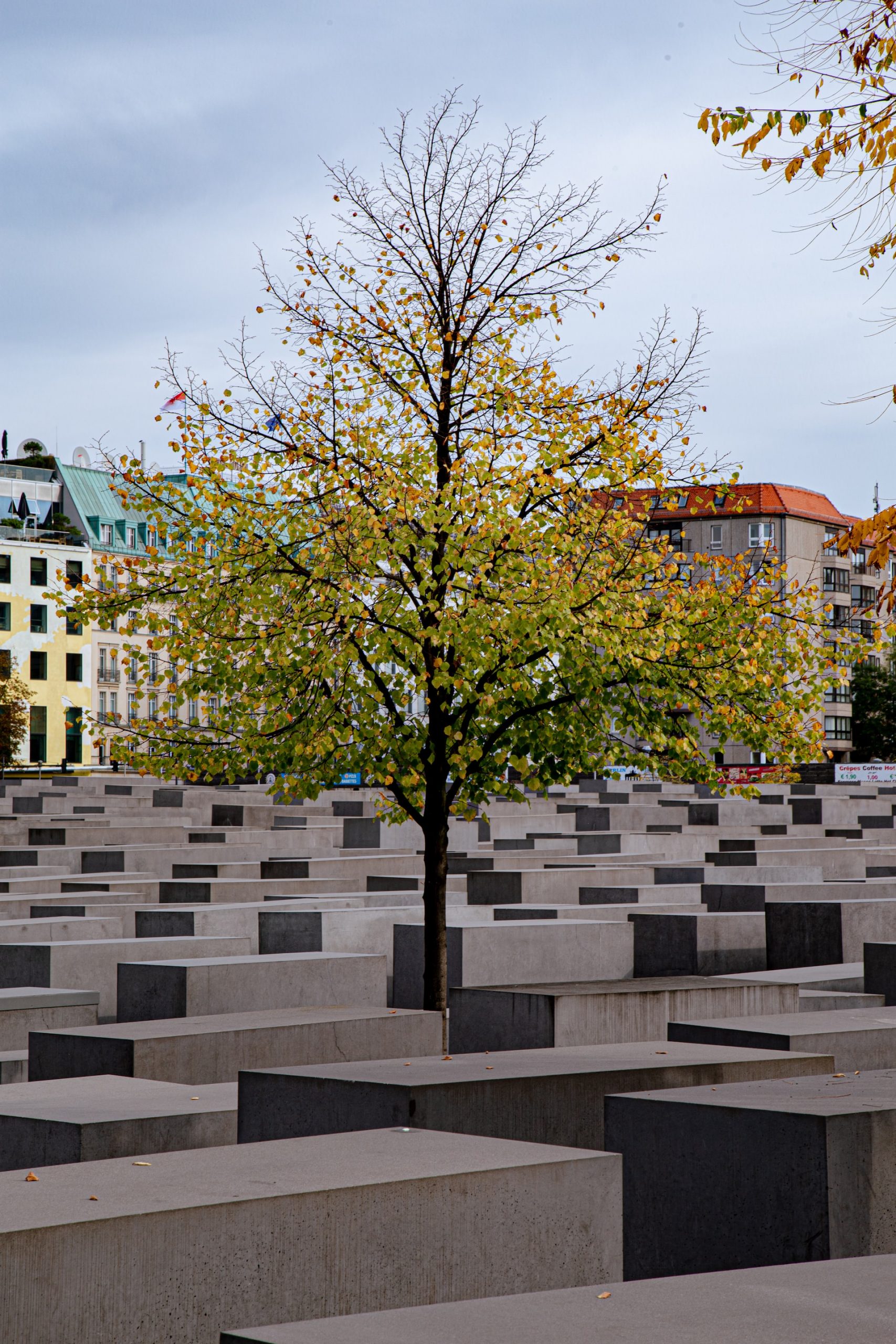By Viktoria Rozendaal
More than 70 heads of state and government, as well as heads of international organisations, gathered last weekend in Paris. On November 11, celebrations marking the centenary of the World War One Armistice were held in the French capital. Among the honoured guests of Emmanuel Macron were Donald Trump, Angela Merkel, Petr Poroshenko, Vladimir Putin and others.
World War I took the lives of almost 19 million people. Among them, 1 million 700 thousand French, 2.5 million Germans and almost 3.5 million Russians.
This year the ceremony was opened with a symbolic act: German Chancellor Angela Merkel arrived in France to meet with the French President on the eve of the general commemorations in Paris in the place of signing the historic truce. Such an eloquent deed is additional evidence of the warm relations between the current leaders of the two leading European states.
“This is a very symbolic gesture by French President Emmanuel Macron, who today invited me as German Chancellor to Compiegne. For the first time since the founding of the Federal Republic of Germany, the German Chancellor, together with the President of France, visited this place, in which an armistice was signed, which did not lead to a peaceful future” – said the head of the German government.
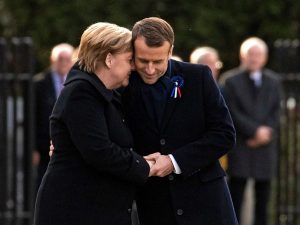
November 11, 1918 in the Compiegne forest in the railway car of the commander of the French army, Marshal Foch, the representatives of the Entente and Germany signed the Compiegne truce, which ended the hostilities of the First World War.
PUTIN-TRUMP: QUICK MEET
At the celebrations, another important meeting was scheduled. US President Donald Trump was supposed to speak to Russian President Vladimir Putin. But, finally the meeting was cancelled. As Putin explained, the French authorities asked not to change the solemnity of the ceremonies into an occasion for bilateral meetings, diverting attention from the main event.
As a result, they allegedly agreed to meet in Argentina during the G-20 summit, which will be held in Buenos Aires from November 30 to December 1. Putin and Trump have met each other three times (at least officially), but there has only been one one full-fledged session of talks – last summer in Helsinki. Russia has already stated that they hope to restore a normal dialogue with the United States, despite the sanctions that the US is constantly threatening to toughen.
Donald Trump, who is far from having the best of relations with the press, once again appeared under fire from the media. He cancelled his trip to the cemetery where American soldiers are buried because of the rain. Due to weather conditions (light rain), his helicopter was unable to carry him 80 km from Paris to the American cemetery in Belleau. No wonder that this caused a flurry of criticism of Trump in the American press. Opponents accuse him of disrespecting the fallen. Trump also received poor press from the “Old World”, he was criticised by among others the grandson of Winston Churchill, Nicholas Soames.
ABOUT UKRAINE…
But the president of Ukraine Petro Poroshenko still managed to hold a meeting, and even trilateral, with the organizer of the celebrations – the president of France Emmanuel Macron, as well as with German Chancellor Angela Merkel.
The theme of the day was the pseudo-elections in the occupied territories, which the pro-Russian separatists held the same day on November 11.
“A firm position was expressed on fake elections, with support of the sovereignty, territorial integrity and independence of our state. It was clearly noted that this is a gross violation of the obligations undertaken by the Russian Federation under the Minsk agreements” – Ukrainian president Petro Poroshenko said during a meeting with media.
There is still a three-day Peace forum to be held in Paris, which from this year will become a tradition in France. It has been launched as an answer to the tensions and conflicts in the modern world. The Paris Peace forum will be divided in 5 thematic sections: peace and security, ecology, development, digital technologies and inclusive economics.
The Author, Viktoria Rozendaal, is a Special Correspondent of EU Political Report

